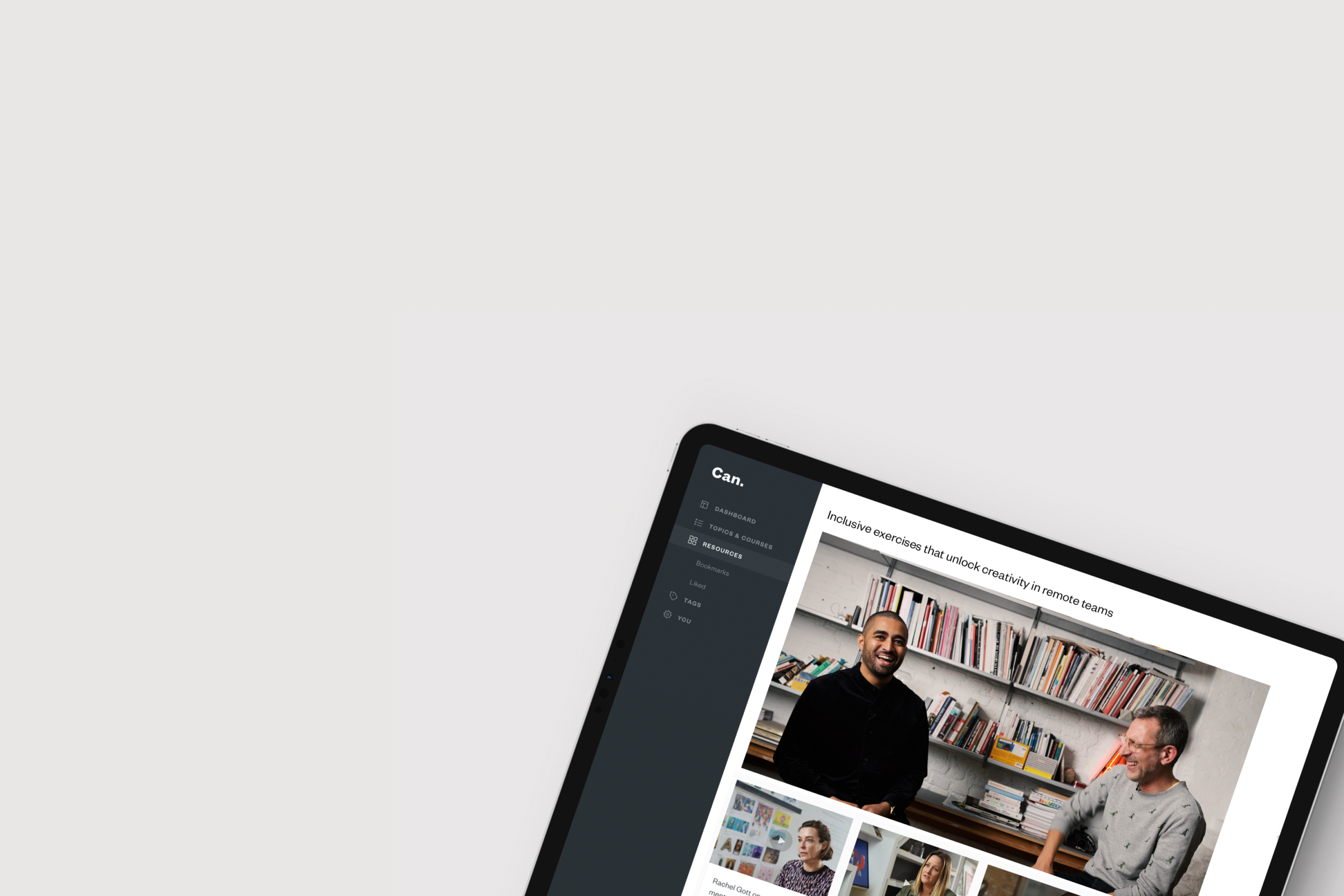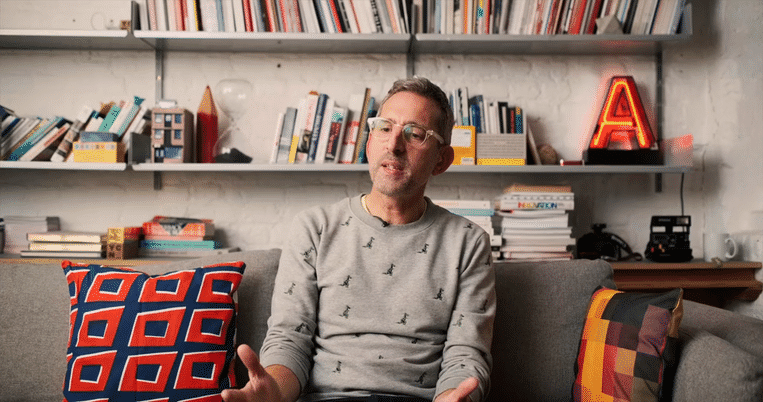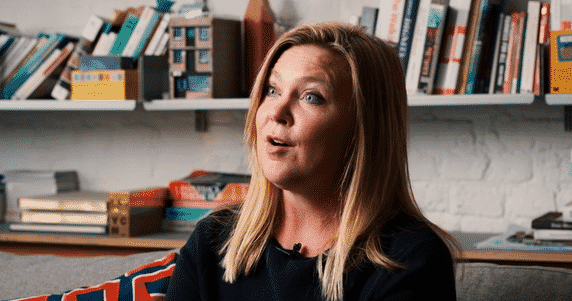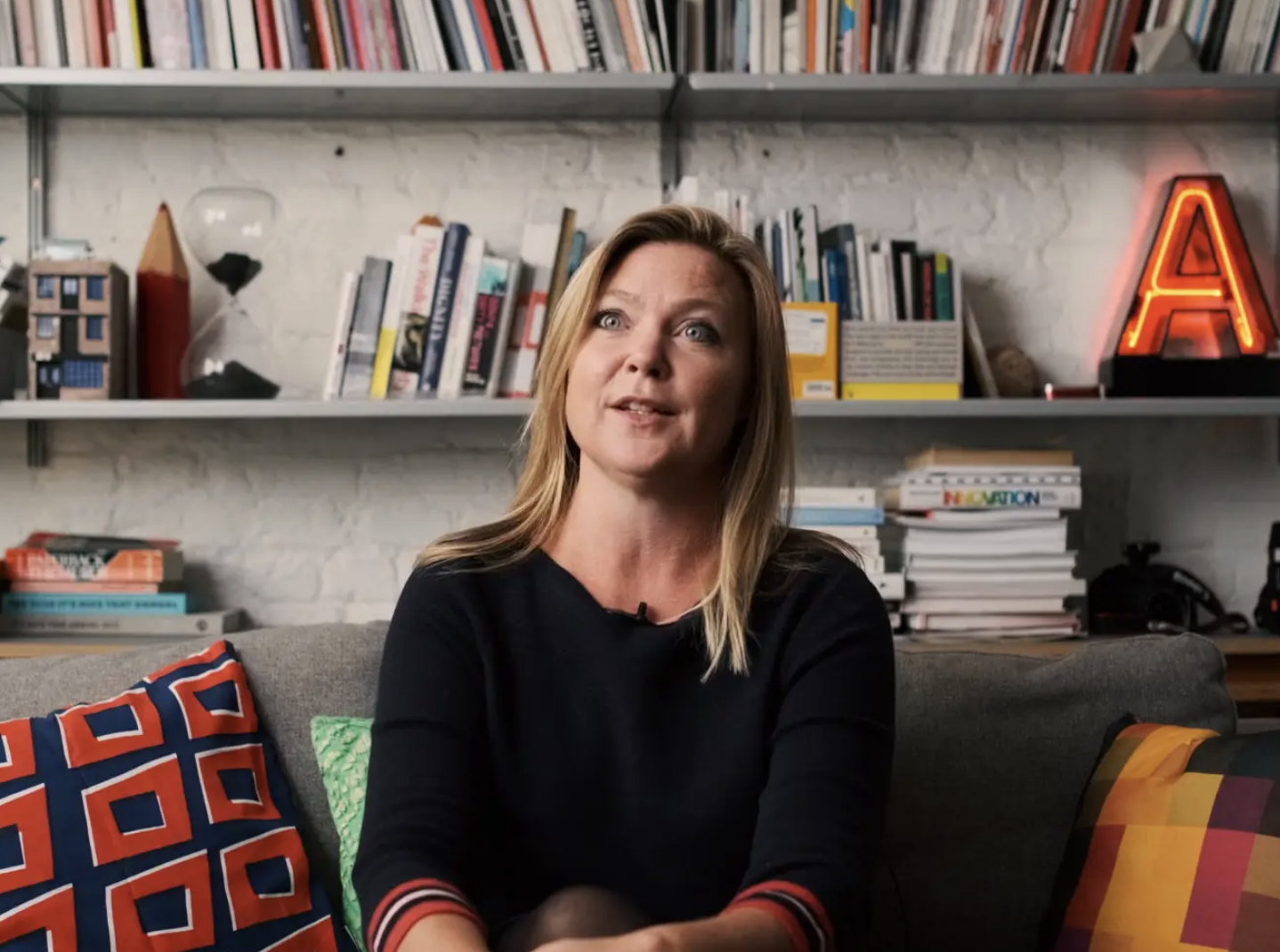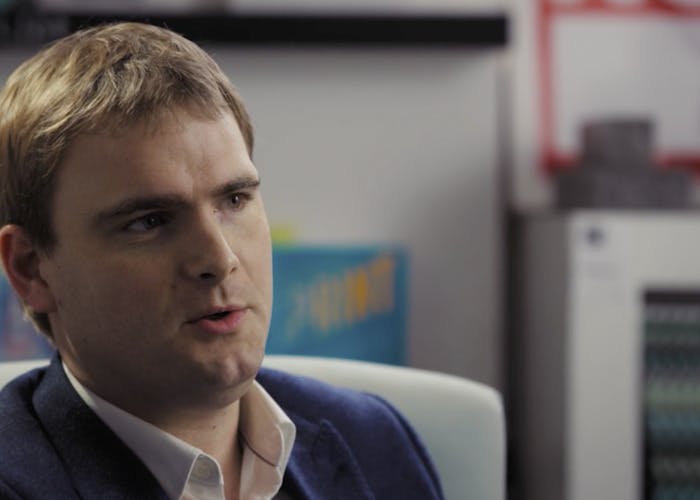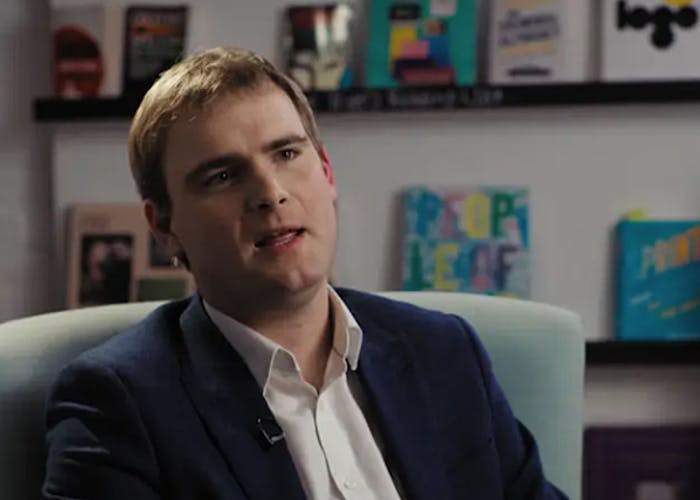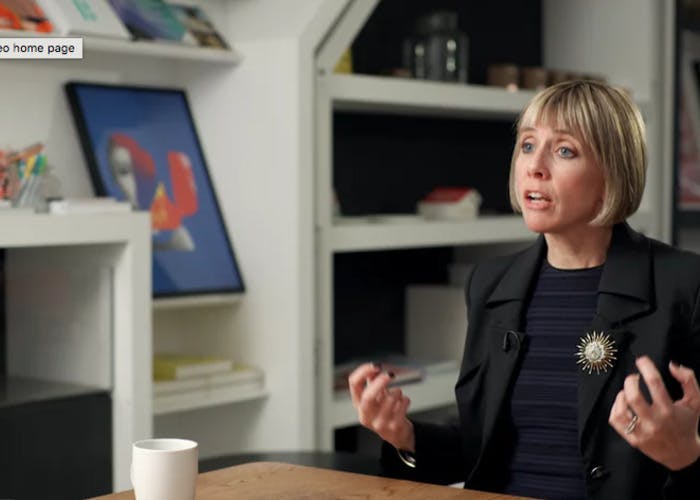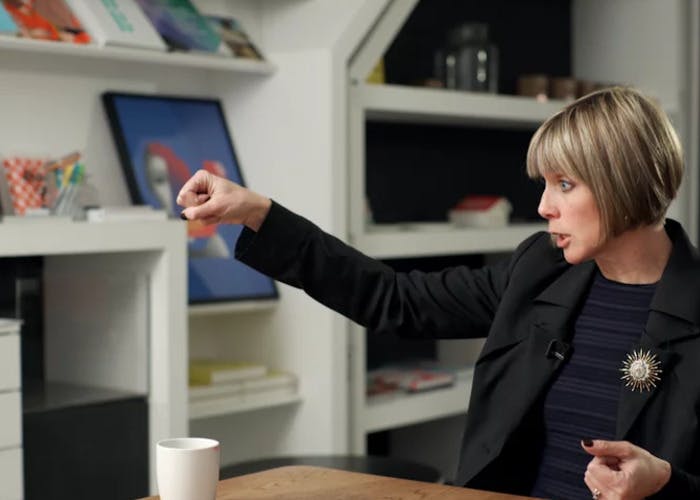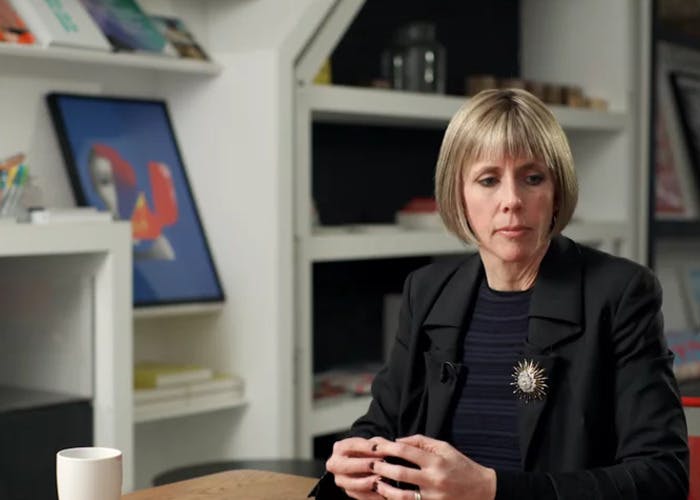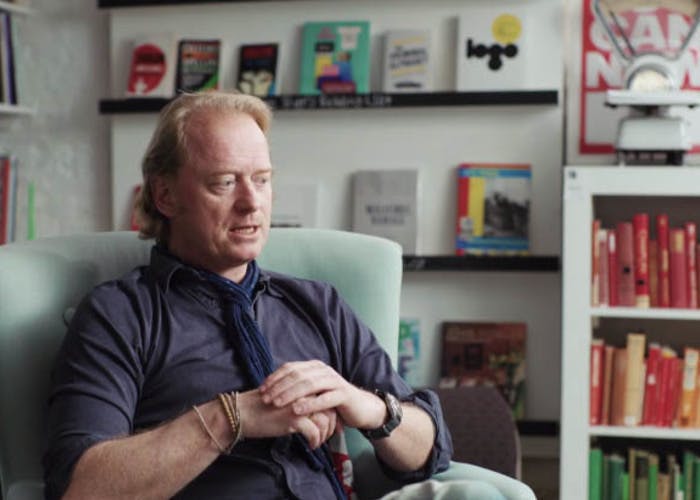Neurodiversity know-how. Dyslexia with Dr. Anne Cockayne
Neurodiversity know-how. Dyslexia
In a nutshell:
Dyslexia is a neurodivergent condition characterised by difficulty with reading and decoding written words. Dyslexic people may also have difficulties with spelling, writing, and language processing. Dyslexia is arguably the most recognised of neurodivergent conditions, affecting around 1 in 10 of us.
Challenges that can come with Dyslexia
Strengths that can come with Dyslexia
🤔 Reflection question
Where might these strengths be useful in your team right now?
Neuroinclusion, Dyslexia and being proactive
To support colleagues with dyslexia, everyday strategies that can be implemented at work include:
• Being open to extra-time for reading and written tasks.
• Providing written materials in alternative formats such as large print or electronic versions.
• Encourage the use of audio-recordings of meetings, and recordings of Zoom and Teams sessions.
• Encouraging the use of the latest assistive technology, apps and browser plug-ins — such as text-to-speech software or spell-checkers.
• Providing training for colleagues on dyslexia and how to interact with colleagues with dyslexia, all as part of wider neurodiversity awareness training.
• Openly discussing, encouraging and valuing the unique strengths and abilities of a colleague with dyslexia.
As with all neurodivergent conditions, it’s important to remember that each person with Dyslexia is unique and may have different needs, and support requirements. Communication is key, to find out what specific accommodations and support they may require, and what’s helped (or hindered) in past roles.
Collaborate with Anne, and others
Here you'll find regular live sessions, led by Dr. Anne Cockayne — offering a chance to dig more deeply into neurodivergent conditions, and to identify opportunities for greater neuroinclusion at work.
